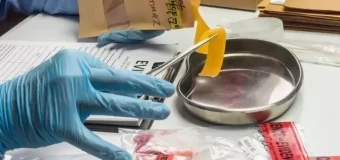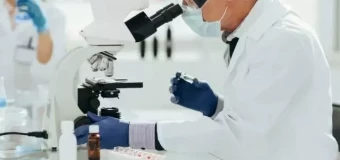Enrol Today for Access to Higher Education Diplomas Online
Online and workplace learning with RQF, Endorsed and Certified qualifications
Welcome to the learndirect Faculty for Access to Higher Education Diploma courses, where you can gain entry to most universities without the need for A-Levels. If you have ambitions of becoming a nurse, a teacher, a midwife, an engineer, or another high-level profession, you will likely need a degree to achieve your goals.
Traditionally, to secure a place at university you would need a certain number of A Levels, but now, most universities accept Access to HE Diplomas as equivalent qualifications. learndirect can help you move up to degree-level study by offering a range of accredited Access to Higher Education Diploma courses in an array of subjects.
Our career-specific courses are delivered online, giving you the freedom to tailor your study schedule around your existing commitments. What’s more, you won’t have to take any exams, and you could complete your course in less than a year! Learners have two years to finish an Access to HE Diploma, but on average, our learners take around 9 months.
While most universities accept Access to Higher Education Diplomas, we advise that you check the entry requirements of your chosen establishment before applying. By studying our nationally recognised online courses, you will gain essential foundational knowledge of a chosen subject, preparing you for your degree.
Enrol today to give yourself the best chance of studying a university degree!






























